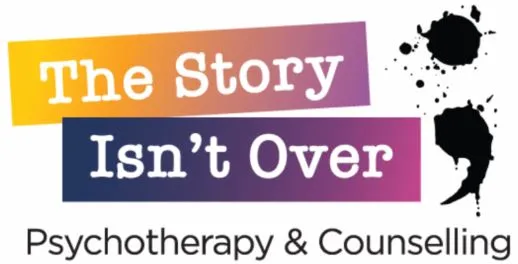Rewriting Your Stress Story: How to Thrive with Psychotherapy and Lifestyle Balance
Stress is an inescapable part of modern life. It’s the feeling of being stretched thin, juggling deadlines, navigating relationships, or managing the never-ending responsibilities that come with daily living. At its core, stress is your body’s way of responding to demands—a natural, even helpful, reaction in short bursts. But when stress lingers, becoming a constant hum in the background of your life, it can start to affect your physical and mental well-being in profound ways.
That sense of your heart racing when you’re overwhelmed? That’s cortisol and adrenaline, your body’s stress hormones, kicking into high gear. In the short term, they help you power through challenges. Constant exposure to these hormones can wreak havoc on your body over time. Elevated stress can disrupt your sleep, eating habits, immune function, and even your heart health. Left unchecked, it increases your risk for chronic conditions like depression, heart disease, and stroke.
Managing stress isn’t just about surviving; it’s about learning how to thrive despite life’s challenges. That’s where psychotherapy and lifestyle management can be life-changing. Together, they help you understand stress, reframe its triggers, and equip you with tools to regain control.
Recognizing Stress and Its Impact
Imagine you’re standing in line at the coffee shop. Your phone buzzes with emails, your mind races about the workday ahead, and a dull headache begins to creep in. Stress shows up in countless ways: headaches, fatigue, irritability, or even muscle tension. Maybe you find yourself snapping at loved ones or retreating into isolation. Stress doesn’t just affect your mood—it manifests physically, emotionally, and behaviorally.
At its worst, prolonged stress can feel like a trap, where even minor inconveniences become insurmountable. You’re not alone in feeling this way. Stress has become so pervasive that it’s now recognized as a public health crisis, exacerbated by events like the COVID-19 pandemic, financial uncertainties, and societal pressures.
This is where acknowledging stress is the first step toward managing it. Psychotherapy at The Story Isn’t Over helps you pause, reflect, and untangle the complex web of emotions, thoughts, and behaviors that fuel your stress. In therapy, you don’t just talk about stress; you build actionable strategies to work through it.
The Power of Healthy Habits
You’ve probably heard it before: a healthy lifestyle can reduce stress. But what does that actually mean? It’s not about perfection or overhauling your entire life overnight. It’s about small, meaningful changes that create lasting balance.
- Sleep Smarter: Sleep is often the first casualty of stress. Tossing and turning at night only exacerbates the cycle of exhaustion and tension. Establishing a regular sleep routine can help. Set a bedtime and stick to it, even on weekends. Create a calming environment—dim the lights, avoid screens, and unwind with a book or meditation. Therapy can help identify and address thoughts or habits that might be sabotaging your rest.
- Move Your Body: Physical activity is a proven stress reliever. It’s not about running marathons (unless that’s your thing); even a brisk 20-minute walk can boost your mood. Exercise helps regulate cortisol levels and releases endorphins—the "feel-good" hormones that counteract stress. Therapy can help you set achievable goals and create an activity plan that feels manageable – even if you are struggling to get going.
- Nourish Yourself: Stress often leads to poor eating habits—too much caffeine, skipping meals, or turning to comfort foods. Over time, this only adds to the strain on your body. Simple changes can make a big difference, like incorporating colorful fruits and vegetables or choosing whole foods over processed ones. At The Story Isn’t Over, therapy can support you in creating sustainable habits that nourish both your body and mind.
Building Resilience Through Psychotherapy
When you’re under stress, it’s easy to feel like life is happening to you, rather than something you can shape. Psychotherapy is about flipping that narrative. With guidance from a compassionate therapist, you can explore the roots of your stress and learn ways to respond differently.
At The Story Isn’t Over, therapy sessions might focus on:
- Identifying Stressors: Sometimes, stress feels overwhelming because you haven’t pinpointed its source. Is it a demanding job? A strained relationship? Financial worries? Therapy helps you uncover what’s really driving your stress.
- Reframing Your Perspective: Stressful situations often feel bigger than they are. By learning to view challenges through a different lens, you can shift from feeling overwhelmed to feeling empowered.
- Developing Coping Strategies: From mindfulness and deep breathing exercises to practical time management skills, therapy equips you with tools to tackle stress head-on.
- Setting Boundaries: Learning to say "no" can be a powerful act of self-care. In therapy, you can practice asserting your needs without guilt, freeing up space for what truly matters.
Finding Balance Amid Life’s Demands
Stress isn’t something you can eliminate completely, but you can learn to live with it in a healthier way. Consider a moment of mindfulness: you’re stuck in traffic, and instead of fuming, you take a deep breath, enjoy the quiet, and listen to your favorite song. It’s a small shift, but one that changes the entire experience.
At The Story Isn’t Over, therapy helps you create more of these moments. Whether it’s finding joy in the everyday, building resilience for life’s bigger challenges, or reconnecting with yourself, therapy provides the tools to rewrite your stress story.
The Next Chapter Starts Here
You don’t have to face stress alone. With the support of psychotherapy at The Story Isn’t Over, you can learn to navigate life’s demands with grace and resilience. Together, we’ll work on strategies tailored to you—because your story isn’t just about surviving stress. It’s about thriving in spite of it.
Take the first step toward balance and well-being. Your story is still unfolding, and with the right support, the next chapter can be one of strength, growth, and renewed hope.




















